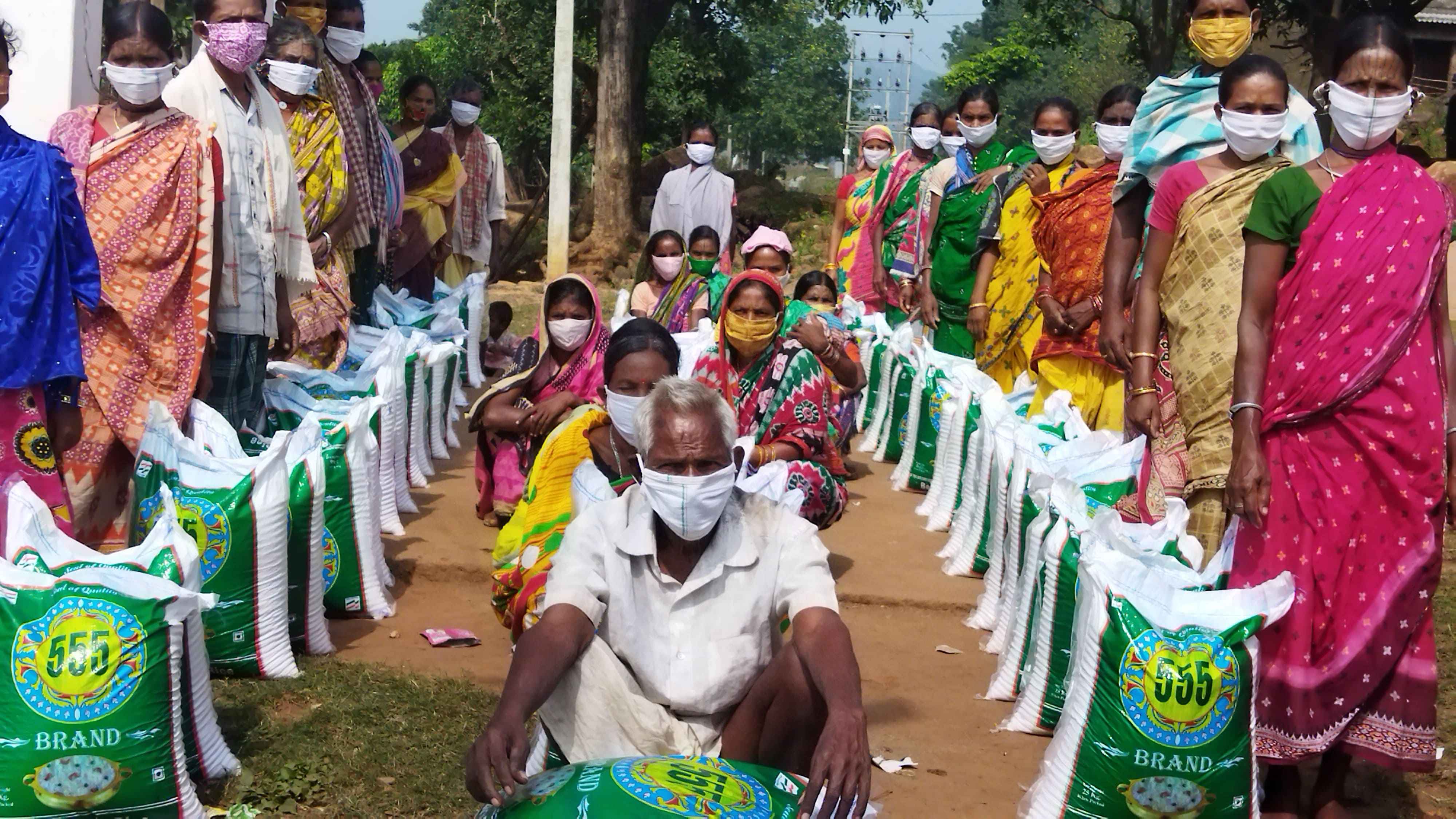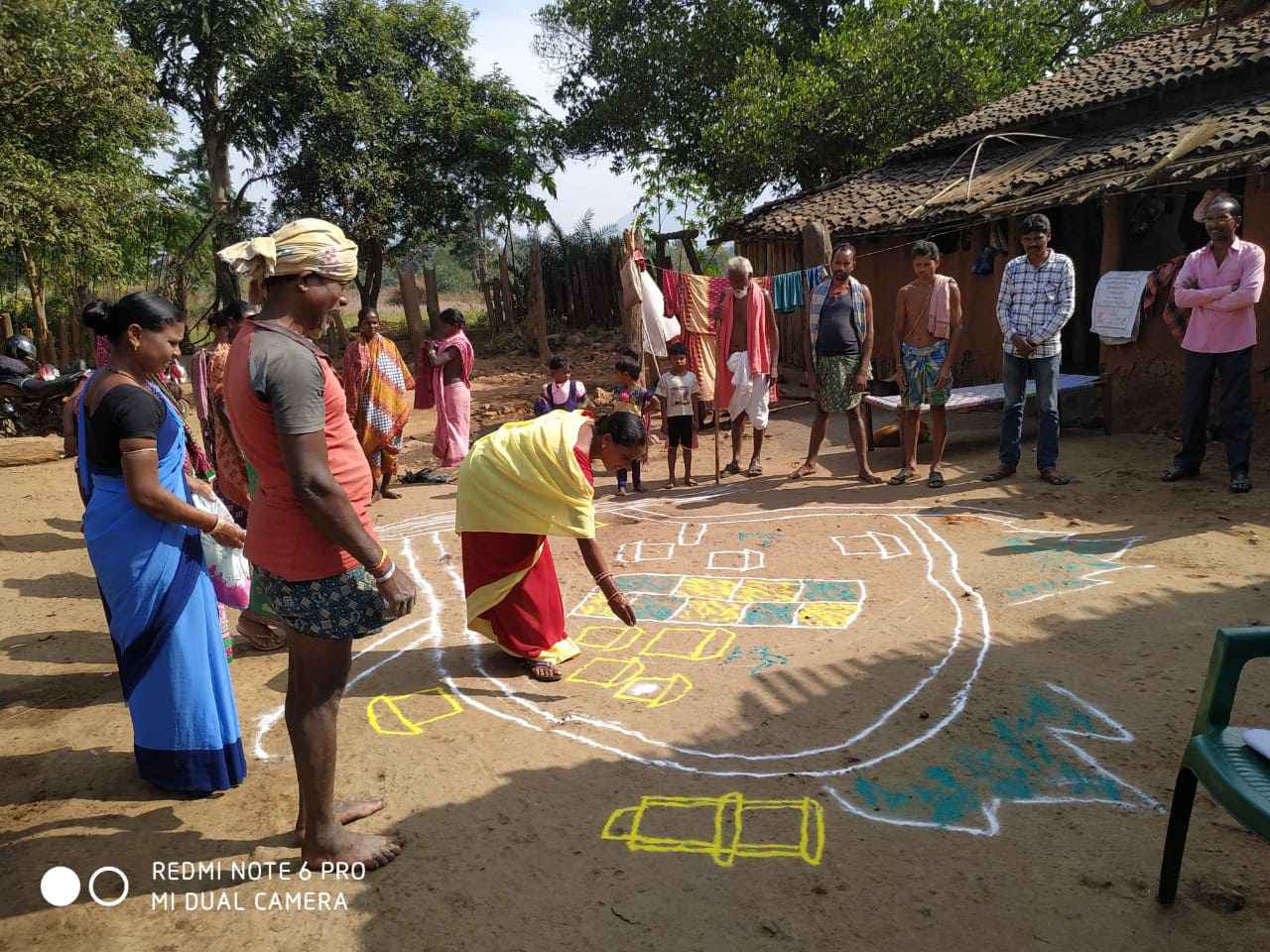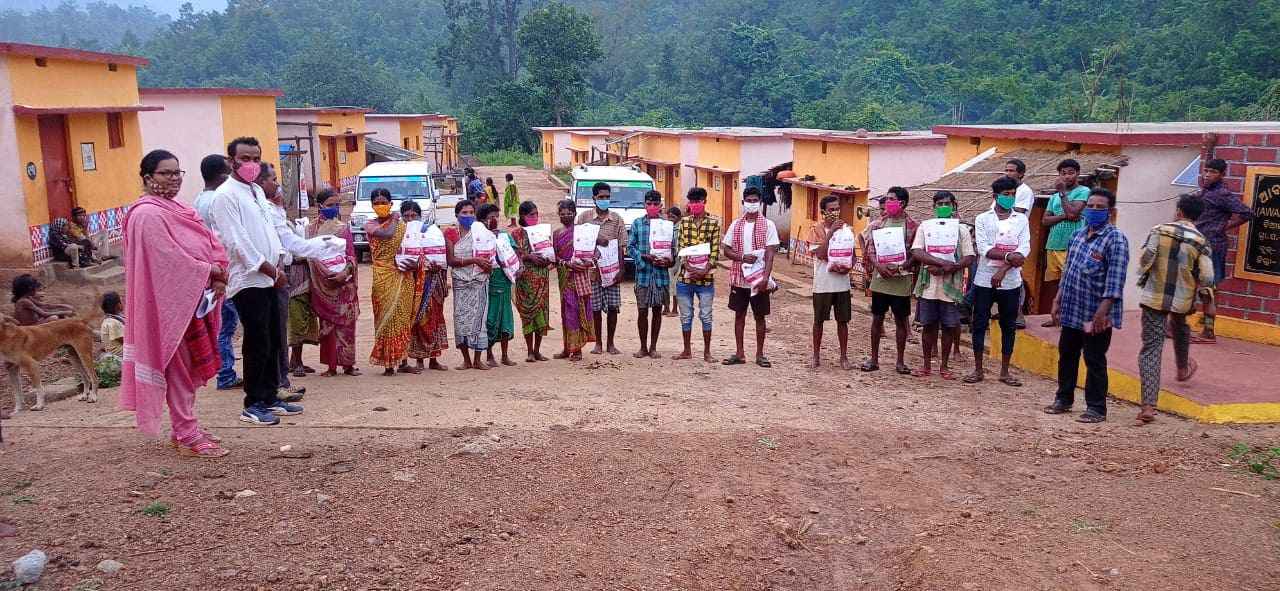Activity
Emergency Response, Relief, and Recovery Support (Including COVID-19 Response)

Seba Jagat provides timely and effective emergency response, relief, and recovery support during times of crisis. This includes a combination of immediate relief efforts, such as food distribution, medical supplies, and temporary shelter, as well as long-term recovery initiatives that focus on rebuilding lives and livelihoods. In response to the COVID-19 pandemic, Seba Jagat took action by providing essential items along with masks, sanitizers, and hand hygiene kits to marginalized communities. Additionally, the organization coordinated with local health authorities to ensure access to vaccines and medical care for vulnerable populations. It also organized awareness campaigns about the virus, its prevention, and the importance of following government guidelines. Relief support included food distribution to families impacted by lockdowns and unemployment. Additionally, mental health services were provided to help people cope with the psychological stress of the pandemic. The organization supported local health systems by training frontline health workers, including ASHAs and Anganwadi workers, on COVID-19 protocols, ensuring that they had the necessary tools to provide care within their communities. In the recovery phase, Seba Jagat focused on livelihood restoration through skills training, access to credit, and the creation of community-level economic opportunities to help people rebuild their livelihoods after losing employment or agricultural productivity due to the pandemic. Seba Jagat continues to work on enhancing community resilience, ensuring that future crises are met with better preparedness and response capacity.
Disaster Preparedness Training and Livelihood Resilience

Seba Jagats approach to disaster preparedness is grounded in the understanding that communities need to be equipped with the necessary skills, resources, and knowledge to effectively respond to and recover from crises. The organization works closely with local communities to develop comprehensive disaster preparedness plans that address a wide range of hazards, including droughts, floods, cyclones, and other environmental crises. The goal is to create resilient Seba Jagat also emphasizes the importance of sustainable livelihoods in building long-term resilience. By promoting climate-smart agricultural practices, water conservation techniques, and diversified income-generating activities, the organization helps reduce communities dependence on single income sources, making them more resilient to both natural and economic shocks. This holistic approach ensures that communities not only survive the immediate impacts of disasters but are also equipped to recover and rebuild their lives in a sustainable and self-reliant manner. Through these efforts, Seba Jagat is helping create disaster-resilient communities capable of adapting to a rapidly changing environment.
Inclusive Approaches for Vulnerable Groups, Social Protection and Entitlement Access

Seba Jagats approach to disaster management is based in social inclusion, with a focus on ensuring that the most vulnerable groups—such as women, children, the elderly, persons with disabilities, and marginalized tribal communities—are not left behind during crises. During COVID-19, Seba Jagat made deliberate efforts to ensure these groups had access to critical relief and support. The pandemic disproportionately impacted marginalized communities, and Seba Jagat worked to ensure they had access to food, healthcare, and financial assistance. Seba Jagat also facilitates linkages with social protection schemes and government entitlements, helping vulnerable populations access resources such as food security schemes, health insurance, and cash transfer programs. By working with local government agencies and civil society organizations, Seba Jagat ensures that these entitlements reach those who need them the most, preventing exclusion from vital support services
 SEBAJAGAT
SEBAJAGAT
